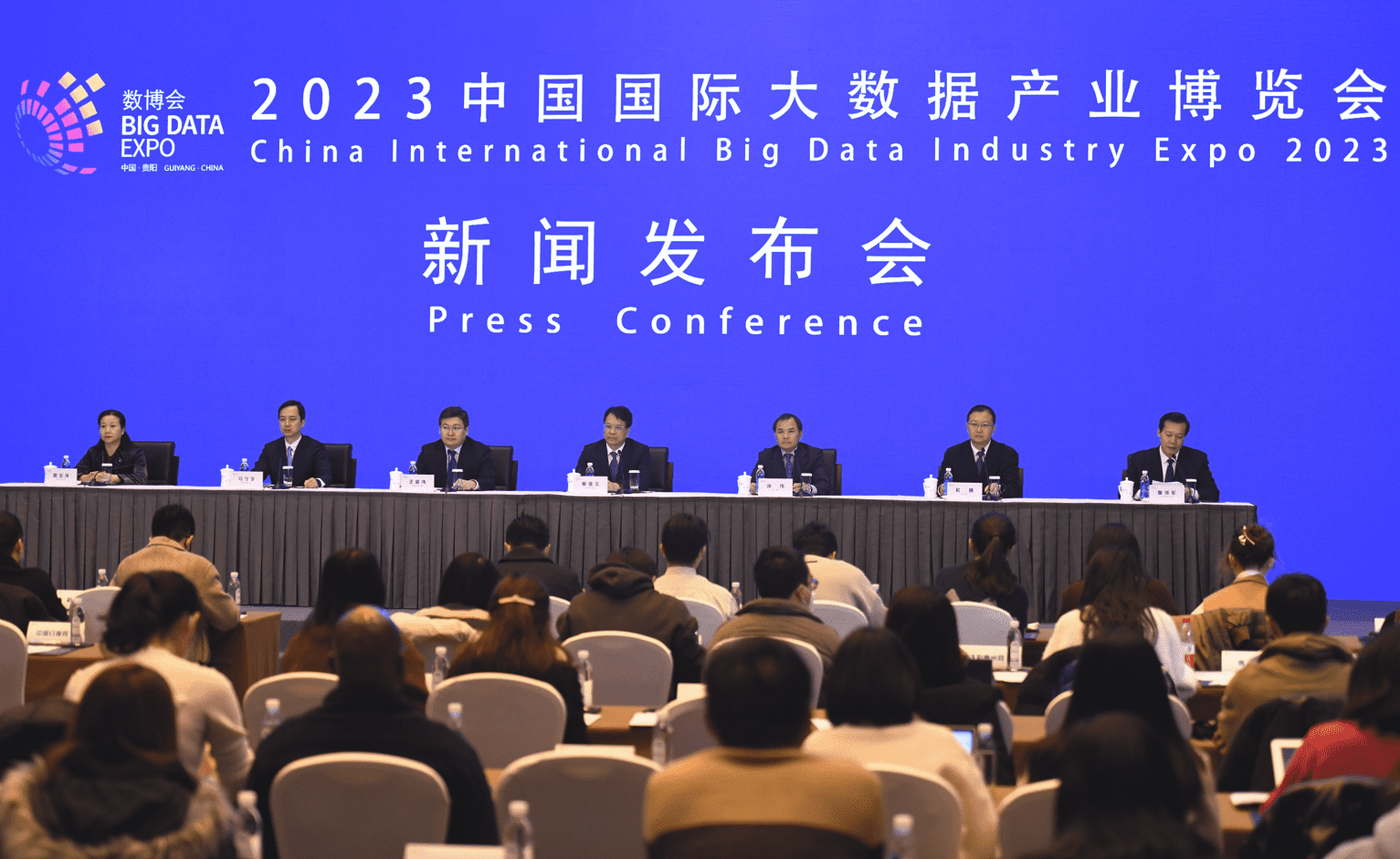The vice governor of Hainan isn’t normally the center of attention at high-profile political meetings like this month’s ‘Two Sessions’ gathering in Beijing. But Xie Jing attempted to seize the national spotlight last week when he submitted an ambitious proposal to turn the island province into the country’s premier hub for cross-border data flows.
Hainan, which has already started construction on China’s first underwater data center, isn’t the only locality vying for a pie
Subscribe or login to read the rest.
Subscribers get full access to:
- Exclusive longform investigative journalism, Q&As, news and analysis, and data on Chinese business elites and corporations. We publish China scoops you won't find anywhere else.
- A weekly curated reading list on China from David Barboza, Pulitzer Prize-winning former Shanghai correspondent for The New York Times.
- A daily roundup of China finance, business and economics headlines.
We offer discounts for groups, institutions and students. Go to our
Subscriptions page for details.


